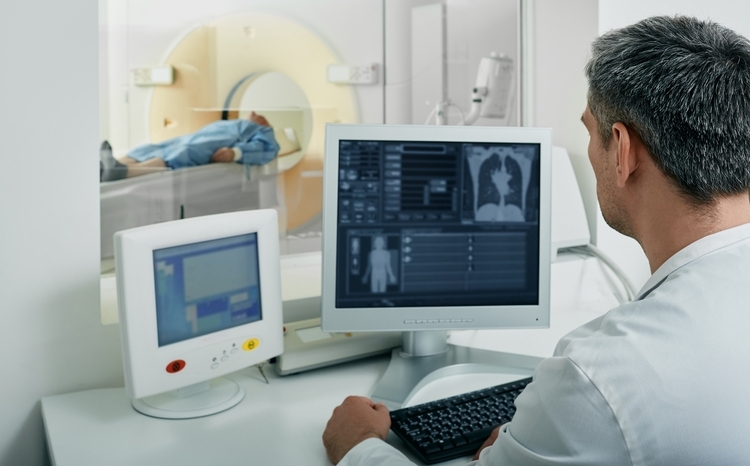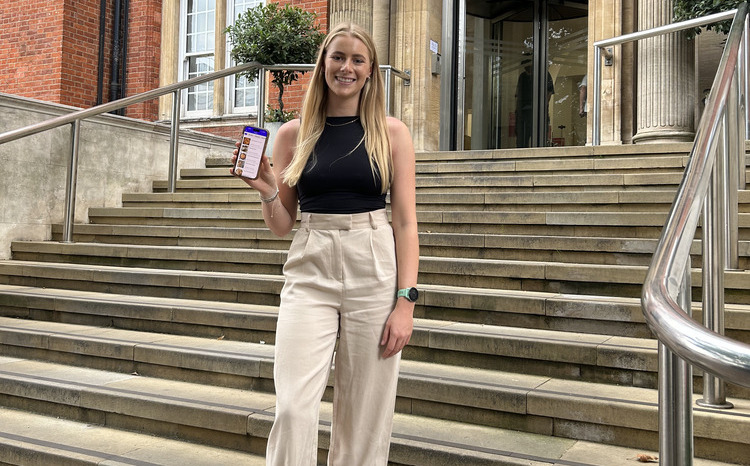Does Dr Robot usher in new era of metal medics?
- 11 June 2004
From automated call-centre systems to car assembly factories, it seems that wherever you look, a robot is waiting to take a human’s job. Now, in Johns Hopkins Hospital, Baltimore, a robot does the rounds instead of a doctor. Charmingly, with its beige frontage, retro TV screen and pointy antennae, Dr Robot (pictured) wouldn’t look completely out of place in a second-hand electrical store. The project is the brainchild of Dr Louis Kavoussi, professor of urology and a pioneer in robotic surgery. “Patients love it. I was very surprised how much our patients enjoy remote video interactions via the robot." The doctor’s face appears on the screen, and a remote video link and joystick let the doctor look at the patient in detail and drive around the hospital on three roller balls. “Generally, the robot checked up on patients, asked them how they were feeling, inspected their surgical sites to ensure proper healing, and answered questions," Kavoussi says. In a recent patient satisfaction study, 80% of subjects said that Dr Robot increased accessibility to staff, and 76% said that the machine made access to information about their condition more easily available. Dr Kavoussi, who works with InTouch Health Inc to run the pilot scheme, believes the technology would also be “useful when it’s not practical or possible to physically send in physicians, such as in military operations, natural or bioterrorist disasters, at sea, or in other remote or underserved locations." On a radically smaller scale, the Center for Biologic Nanotechnology is developing a nanotechnological replacement for chemotherapy — tiny devices called ‘tecto-dendrimers’ that are able to swim through the bloodstream, identify cancer cells and give them a lethal dose of toxin while leaving normal cells untouched. “Remarkable progress has been made in a very short time,” their recent update reads, all the more sinister for its brevity. “There is much to report." Robotic orthopaedic surgery systems are already in use in parts of Canada and the US. The Da Vinci system, manufactured by Intuitive Surgical, is a “minimally invasive surgery" robot with four arms. On these shores, a whole research department has been set up in Oxford University to look at how these machines can be developed. But is this the thin end of the wedge? All of these robots are ultimately doctor-driven; without human intervention, they couldn’t pass a Turing test for toffee. But what happens when AI technology starts being introduced into them? If robot doctors were given the same instructions and steps to follow as the NHS Direct Self Help Guide, would they solve the contract issues around the new working hours of GPs? And when the European Working Time directive is made to apply to junior doctors and, when, no longer able to work 167 hours a week, they are forced off the wards, will trusts up and down the country be replacing them by blinking, beeping metal automata? The BMA were unable to comment about the possibility of this happening, citing that doctors, nurses and surgeons being replaced by an army of machines would be “a trade union issue". As for the possibility of introducing robots into the national programme, the NPfIT failed to respond to EHI’s queries about the subject. Perhaps the day that one AI-based megabot injects six million nanobots into your bloodstream and cure your otherwise-terminal cancer is probably some distance away. But you can be sure that E-Health Insider will be the first to report when silicon and metal takes over from flesh and bone.





